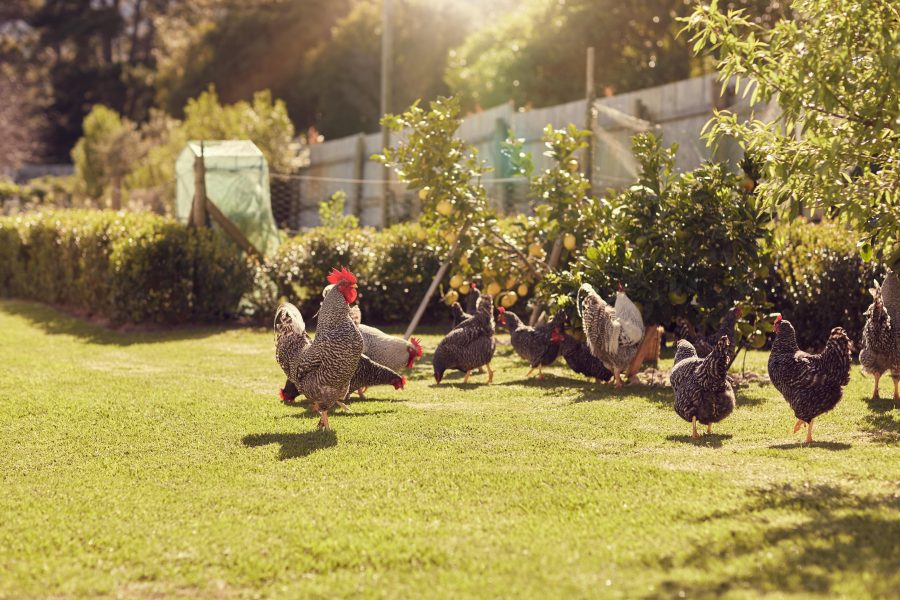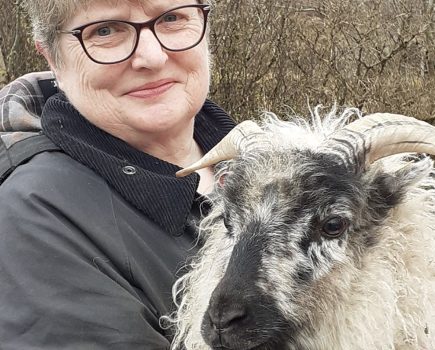New measures to better protect the poultry sector from future avian influenza outbreaks will come into force on 1 October for all bird keepers – regardless of the size of their flock – to officially register themselves with the Animal and Plant Health Agency (APHA), if they have not already done so.
Registering your birds is important in the prevention and control of notifiable avian disease outbreaks (such as avian influenza and Newcastle disease). The register is used to communicate with keepers to inform them about measures they need to take to protect the health of their birds and to prevent the spread of disease.
The new rules cover owners of backyard flocks, birds of prey and pigeon fanciers, but do not affect caged pet birds (excluding any poultry species) kept entirely inside a domestic dwelling, such as a parrot, canary or budgie, which never leaves the property other than to visit a vet or another short-term period.
The information will also be used to identify all bird keepers in disease control zones, allowing for more effective completion of surveillance activities, so that zones can be lifted at the earliest possible opportunity enabling trade to resume swiftly following an outbreak of avian disease in Great Britain.
For bird keepers who have already registered and whose details haven’t changed, there’s no action needed. For those looking to update an existing registration and who already have a CPH number, please contact the APHA registration team directly by phone or email Customer.Registration@apha.gov.uk.
Deputy Chief Veterinary Officer, Ele Brown said: “The legal deadline for bird keepers to register with the Animal and Plant Health Agency is now less than one month away. These measures are an important step which will enhance monitoring and understanding of the disease, combatting the spread of avian influenza in Great Britain.
“The registration requirements will support better collaboration between bird keepers and government, with keepers informed of measures to take to protect the health of their birds. All poultry, whether a large commercial flock or a few backyard pets, are at risk of infectious diseases. This approach will improve our resilience to future pandemics.”
Richard Griffiths, British Poultry Council Chief Executive, said: “Registration is a tool to have in the toolbox, allowing birdkeepers and Government to work together to track and combat avian influenza. Alongside stringent biosecurity, registration means all birdkeepers should receive important updates and timely communication, amplifying efforts to safeguard bird health as we move into the colder months.”
The UK has self-declared freedom from HPAI for Great Britain with effect from 29 March 2024. There are currently no outbreaks of HPAI in poultry or other captive birds in the UK. However, HN51 continues to be found in wild birds in Great Britain and across Europe and keepers should remain vigilant and practice stringent biosecurity to protect the health and welfare of their birds.
More information can be found on how to register as a bird keeper and where to send your application and on what keepers need to know.
To receive regular copies of The Country Smallholder magazine featuring more news like this, subscribe here.
For FREE updates from the world of smallholding, sign up for The Country Smallholder newsletter here.








